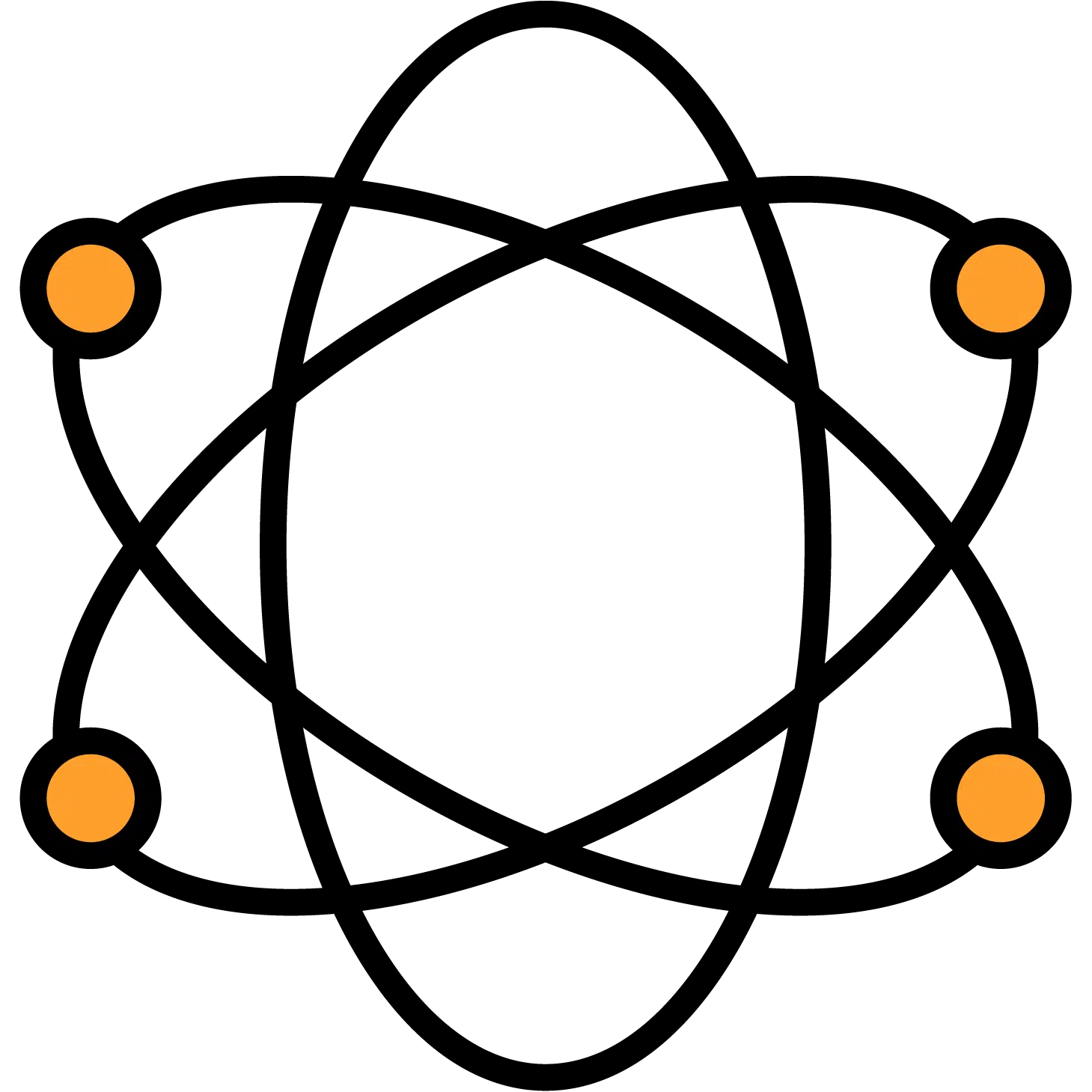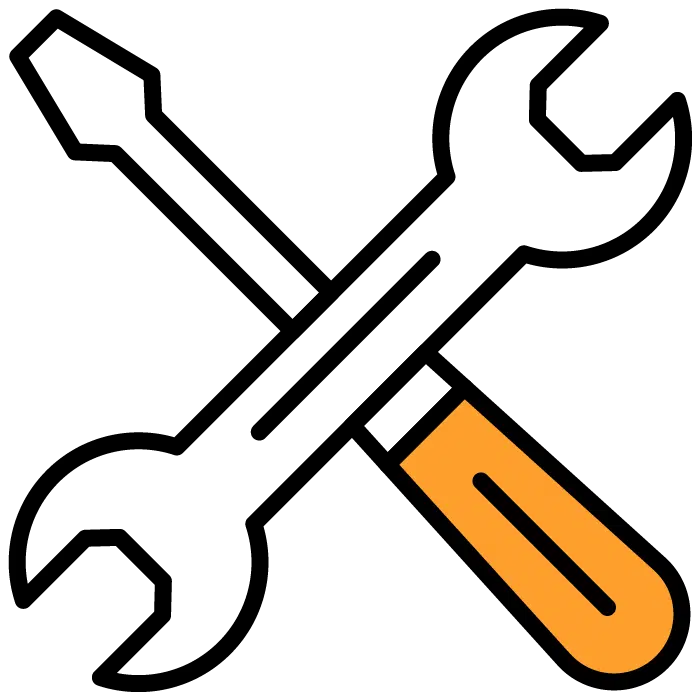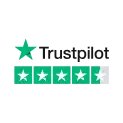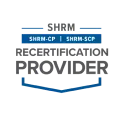Definition of a Structured Interview
A structured interview is a specific type of job interview in which candidates are asked predetermined questions in the same order. The candidate responses are then graded and compared to other applicants. The highest-scoring candidates can then be chosen to move forward in the hiring process.
Conducting this type of interview requires a well-prepared hiring team. The team must develop structured interview questions specific to the open position and create a grading rubric that provides consistent and valuable feedback to make informed hiring decisions.
Examples of Structured Interview Questions
Diverse and open-ended questions are key to conducting a successful structured interview. A diversity of questions ensures that you can evaluate the candidate’s technical proficiency, personality type, situational behavior, and interpersonal skills.
A few common questions include:
- What do you consider your biggest weakness? And how do you address it?
- What is a time in which you faced difficulty in a project and were able to overcome it?
- What would you do in a situation in which you were asked to do something you didn’t know how to do?
- What do you consider to be the most important achievement of your career?
- How do you respond in the face of criticism?
Regardless of the questions you choose, it’s important that every applicant be asked the same questions in the same order. One of the goals of a structured interview is to provide comparable data for making an informed decision, meaning that all candidates should get the same interview experience.
How to Create a Structured Interview
Creating a structured interview is relatively straightforward, but does require some forethought. By following these steps, you will set your hiring department up for success and reap the rewards of a well-vetted applicant pool!
Determine Relevant Job Criteria
Before anything else, figure out the skills someone would need to succeed in the open position. This will be a combination of hard and soft skills, which are often equally important. These criteria will serve as the foundation for coming up with your interview questions.
Develop Interview Questions
With the job requirements in mind, develop a set of questions that allows candidates to express how and why they might succeed in the role. Don’t just focus on technical skills, but rather incorporate behavioral and interpersonal questions as well. The number of questions should also be reasonable for the allotted time, as every candidate should be asked every question.
Develop a Scoring Rubric
A scoring rubric is essential to the structured interview process, as it’s the way in which you will evaluate your candidates. Scores can be numerical or qualitative, the choice is yours. For example, you could score results on a 1 – 5 scale or from Does Not Meet Expectations – Exceeds Expectations. As long as everyone involved in the hiring process fully understands the scale and applies it consistently, you will get the data you need.
Train Hiring Staff
Once you’ve developed your questions and rubric, take the time to train your hiring manager and team on the new practices. Emphasize the importance of consistency and objectivity when scoring interviews. This is also a great opportunity to discuss the specific questions of the interview with your team so that they are comfortable and familiar with them before conducting a structured interview.
Get Feedback
After a few rounds of interviews, regroup with your team to discuss what is and is not working. Applicants may find certain questions confusing, there might be too many or too few questions, or there might be gaps in the data that you need. Incorporate this feedback and move forward, taking the time to repeat the process later on.
Advantages of a Structured Interview
Structured interviews come with a variety of advantages that may benefit your organization. A few of these include:
- Consistency and objectivity in the interview process reduce bias and promote fairness
- Results are more reliable and verifiable across candidates and over time
- Deliberate questions guide the interview toward important and relevant insights
- Candidates can be evaluated quickly and efficiently with the scoring rubric
Disadvantages of a Structured Interview
While structured interviews can be a powerful tool for finding the right hire, they do have a few shortcomings. These include:
- The formal structure of the interview can intimidate candidates and reduce spontaneity
- Questions cannot be altered or removed until the next open position
- More development time is initially required compared to a semi-structured interview
Are Structured Interviews Right for Your Hiring Department?
Determining whether or not structured interviews are right for your organization comes down to a few things. First of all, do you have the time and resources to develop a well-crafted structured interview? The upfront cost of creating the process can be laborsome, but the end result is a streamlined hiring process.
Furthermore, structured interviews work well for narrowing down a large candidate pool. Many interviews provide ample data for comparison and the rubric means they can be evaluated efficiently. If this is relevant and important to your organization, then they might be the best path forward. However, if you are interviewing only a select few candidates and are more concerned with an individualized experience, other options might be better suited.
In the end, your answer will come down to what your organization values most. If you need an interview process that is consistent, data-driven, and efficient – structured interviews are right for you!
Improve The Hiring Process With Discovered
Large and small businesses alike find success with Discovered. We have an obligation-free trial that allows you to create a custom pre-employment assessment. This trial includes a personal call to discuss your specific hiring needs. Then leads to product recommendations that will help you meet your acquisition goals.
If you are looking to improve your talent acquisition process but aren’t sure where to start, book a demo today. To speak with a member of our customer support team give us a call at (833) 332-8378.














